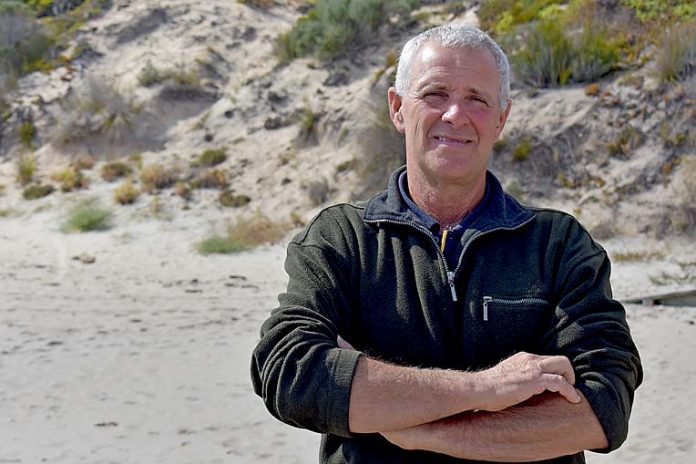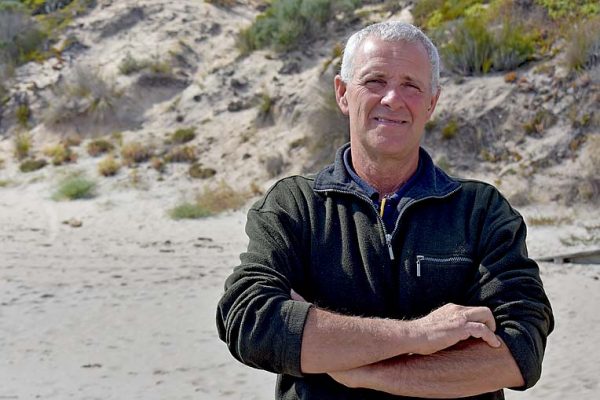

SOUTHEND residents are urging Wattle Range Council to immediately tackle the risks erosion and inundation poses on the town before it slips into the sea.
Local fisherman Craig Clark expressed his concern and frustration at a recent town meeting, which focused on the natural process threatening the coastal community.
Mr Clark was one of 30 locals who gathered at the Southend Community Hall earlier this month.
The meeting was held one year after the Southend coastal adaptation strategy had been put to paper, which was strongly influenced by community workshops held in 2017.
Mr Clark claimed “nothing is being done” to resolve the issue of erosion in Southend and urged council to trial redesigning existing groynes and rocks.
“The problem is the erosion on the beaches east of the drain outlet groynes, which in their current form are not working well,” he said.
“Since the groynes were put in 30 or so years ago nothing has been done of any real consequence, just cleaning up after the storms.
“If this was happening in Adelaide there would be trucks lined up from here to the Southend turnoff armed with huge boulders and they would be doing something positive with the groynes.
“The outlet groyne on the western side is doing its job and you can see how much sand has been replenished over the years.
“My idea would be to redesign the existing groynes and trial it using existing rocks.
“We need to do something to encourage the sand to stay there.”
Mr Clark said local residents had participated in a number of council workshops regarding erosion over the years and had consistently advocated “doing nothing” was not an option.
“Monitoring and doing nothing is just burying your head in the sand,” he said.
“Southend has a large fishing fleet bringing a lot to the South Australian economy.
“I think the local council needs to lobby local government departments more aggressively to help our town with its foreshore erosion problem.”
Some years ago, the town’s caravan park had to remove its cabins plus a caravan site in an attempt to combat the erosion.
A report recently commissioned by council highlighted the foreshore, caravan park, sailing club, bush camping sites and western beach coastal reserve as being at risk to coastal erosion in 30 years unless action was taken.
It also states a number of private properties between Eyre and Leake streets, the Southend bridge and the boat ramp carpark would be inundated by the year 2100.
The report estimates a $4.3m damage costs to privately-owned assets by the end of the century, while council will be $2m out of pocket due to inundation.







